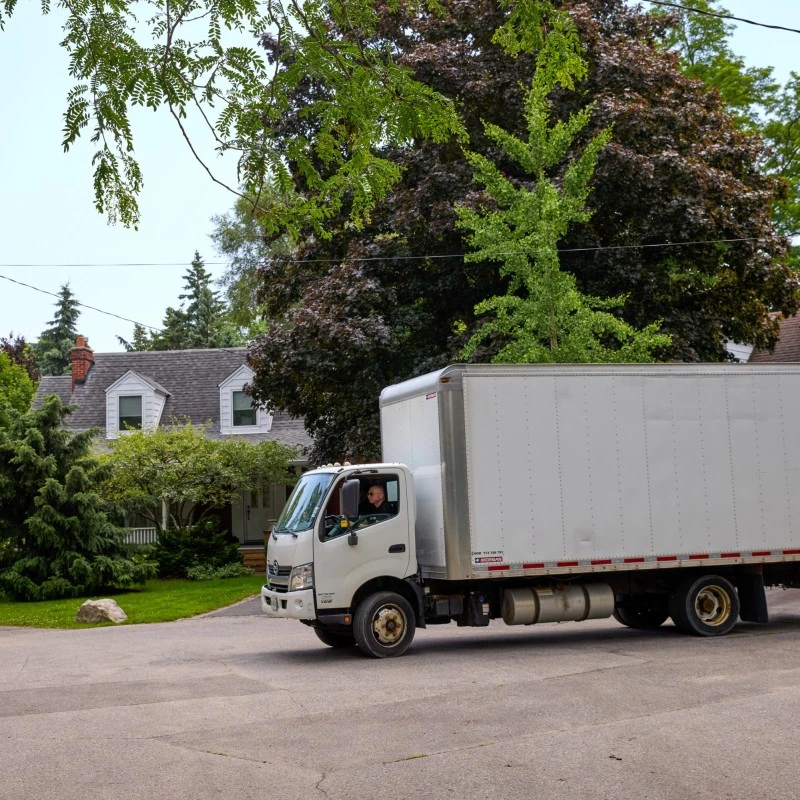The Complete Guide to Shipping Goods to Canada: Customs, Duties and Regulations


Moving to a new country can be nerve-wracking as you adjust to a new region, culture and a whole new set of laws and regulations. When shipping your belongings to Canada, it’s important to fully understand the shipping process, so that your move goes as smoothly as possible. This includes knowing what happens in regards to customs, what duties you may need to pay when shipping certain items, and shipping regulations.
Firstly, you need to know what qualifies as “household goods” according to Canadian Customs, as these items do not require you to pay any duty or taxes.
What things are typically categorised as “household goods”?

This category is self-explanatory. Household goods are items you use every day in your home. When relocating to Canada, you can bring your personal and household belongings duty-free. These items include:
Can I buy new household items to bring with me to Canada?
In Canada, you can bring up to CA$800 worth of newly-purchased/unused goods into Canada. All items can be shipped except tobacco products and alcoholic drinks. You have to report all new/unused items to the Canadian Border Services Agency regardless of their dollar value.
READ: Choosing the Best Method for Shipping Goods in Canada: A Simplified Guide
Which personal items have individual requirements for shipping into Canada?
-
Personal-use vehicles: Vehicles that you bring into Canada are duty-free. To import your vehicle, it must meet Canadian safety and pollution control standards in order to be eligible. Then you must submit all required documents and paperwork to the Canada Border Services Agency, pay the appropriate fees, and then arrange to have your vehicle brought to a Canadian port of entry nearest to your new home. Once it has cleared customs, you will then need to register your vehicle with the province or territory in which you will be living. Read more about importing vehicles into Canada here.
-
Wedding gifts: You can bring wedding gifts duty-free if you get married within three months of coming to Canada, or plan to marry no later than three months after you arrive. That being said, you must own your wedding gifts before you arrive in Canada. The same conditions apply to household goods that you bring to Canada as wedding gifts.
-
Jewellery and precious ornaments: Customs officers may have questions about your jewellery or precious ornaments. Make sure to describe each item on your list of personal belongings. To ensure a smooth process, use the exact wording from your jewellery insurance policy or appraisal. Include photographs of the items and know how much you paid for each item. Even better, provide a receipt of purchase if asked. Remember, you don’t need to pay duty or tax on family heirlooms.
-
Gifts: You have to declare all gifts to the Canada Border Services Agency. Any gifts that you bring that are worth CA$60 or less will be duty-free and tax-free. You cannot import tobacco or alcohol as a gift.
-
Firearms: There are different rules and regulations on bringing firearms into Canada depending if you are a permanent resident or in the process of planning your move to Canada. More information can be found on the Canadian Border Services Agency website.
-
Plants: The majority of Canada is wild, natural spaces and delicate ecosystems, so Canada is strict when it comes to bringing in plants. Regulations are in place that are designed to prevent the introduction of pests, diseases, and invasive species that could harm agriculture, forestry, and the environment. If you want to bring your plants, you need to obtain permits or documentation. Certain plants are too high-risk and are prohibited completely. More information can be found on the Canadian Border Services Agency website.
What is duty at Canadian Customs?

Duty at Canadian customs is the tax or tariff you need to pay on certain items that you're importing into Canada. The duty is typically calculated based on the value of the item. The purpose of customs duty is to bring in revenue for the government and to protect Canadian industries by making imported goods more expensive than locally produced alternatives. The rate of duty varies depending on the type of goods/items and where they were manufactured. For some items, you may have to pay additional taxes or fees like the Goods and Services Tax (GST) or Provincial Sales Tax (PST) in Canada.
What items require you to pay duty?
You have to pay duty on the following items:
-
farm equipment
-
equipment your plan to use in contracting, construction or manufacturing
-
business-use vehicles
-
items purchased on the way to Canada that exceed CA$800
-
items that you have leased or rented but don’t actually own
If you aren't sure whether or not you have to pay duty on some of your belongings, make sure to have sales receipts and registration documents with you at the time of shipping or crossing the border.
What do our customers say?



























